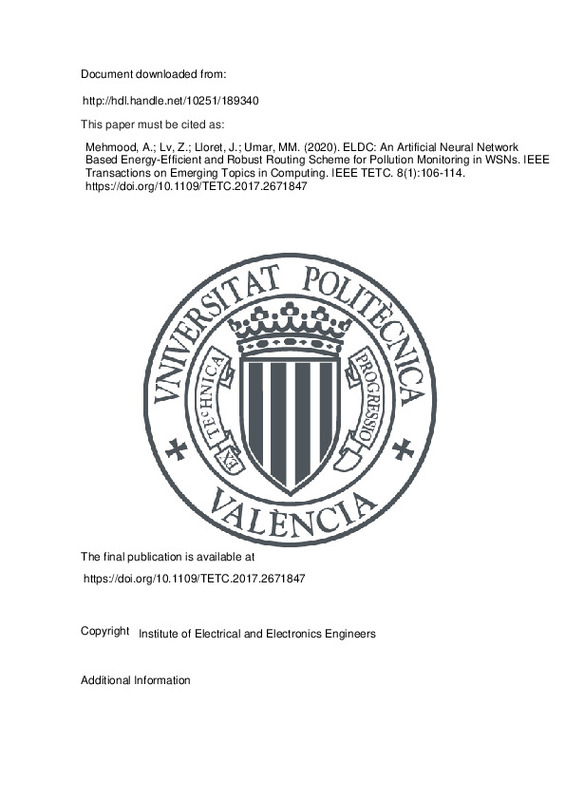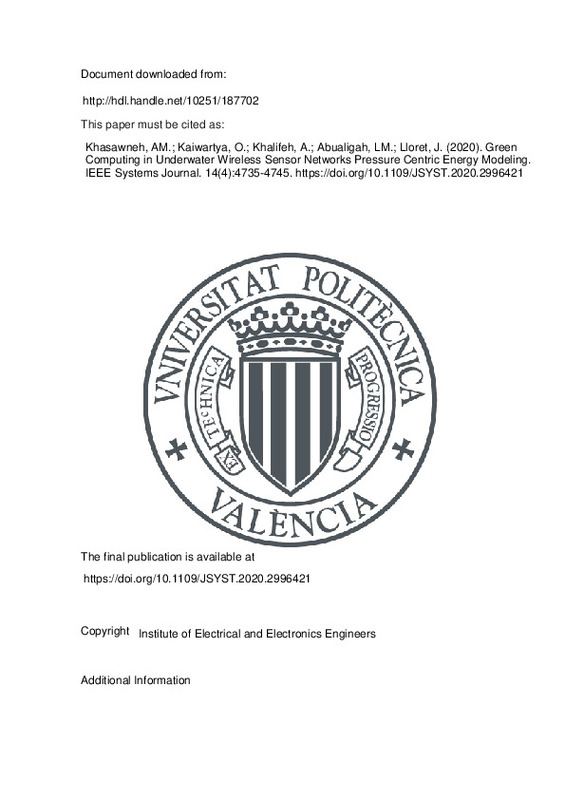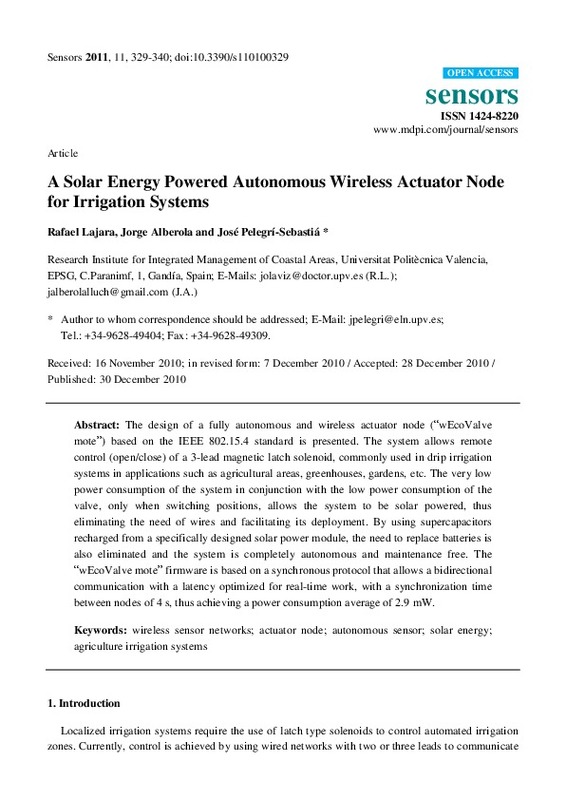|
Resumen:
|
We can find many cases where a spontaneous wireless ad-hoc network must be built for a limited period of time in a wireless mesh network: meetings, conferences, etc. One of the main aspects in a spontaneous network is to ...[+]
We can find many cases where a spontaneous wireless ad-hoc network must be built for a limited period of time in a wireless mesh network: meetings, conferences, etc. One of the main aspects in a spontaneous network is to provide security mechanisms to the users. Confidentially, integrity, authentication, availability and no-repudiation should be provided for all the users in the network and the information should travel ciphered through the network. This paper shows two secure spontaneous wireless ad-hoc network protocols for wireless mesh clients that are based on the computational costs: the weak and the strong one. They are based on the trust of the users and guarantee a secure protocol between the users and the mesh routers. Both protocols provide node authenticity, intermediate node authenticity, integrity checking, random checking, verification distribution and erroneous packets elimination (before they arrive to the destination). The protocol procedure, its messages and development are explained in detail. Finally, we will compare their energy consumption with other secure protocols. The comparison will prove their benefits. © 2010 Elsevier Ltd. All rights reserved.
[-]
|






![[Cerrado]](/themes/UPV/images/candado.png)





